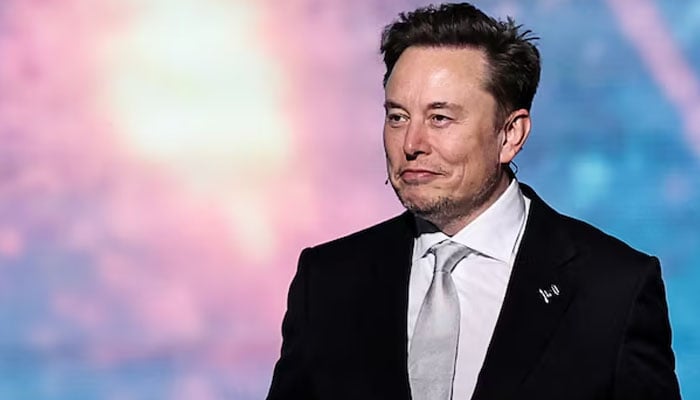
Elon Musk’s Starlink received a licence to launch commercial operations in India from the telecoms ministry, two sources told Reuters on Friday, clearing a major hurdle for the satellite provider, which must also show it meets security rules.
The approval is good news for Musk, whose public spat with President Donald Trump threatens $22 billion of SpaceX’s contracts and space programs with the US government.
Starlink is the third company to get a licence from India’s Department of Telecommunications, which has approved similar applications by Eutelsat’s OneWeb and Reliance Jio to provide services in the South Asian nation.
Starlink and the Department of Telecommunications did not immediately respond to a request for comment.
The approval comes months after Musk met Prime Minister Narendra Modi during his visit to the United States, where the two discussed Starlink’s long-delayed launch plans and India’s concerns over meeting certain security conditions.
Starlink has been waiting since 2022 for licences to operate commercially in India. While it has cleared a key hurdle, it is still a long way from launching commercial services.
Starlink now needs a separate licence from India’s space regulator, which it is “close” to securing, said a third source with direct knowledge of the process.
It also needs to demonstrate, through testing and trials, that it meets the security rules it has signed up for, said one of the two sources.
“This will take a couple of months at least and will be a rigorous process,” said the person, adding that only once it gets an all clear from Indian security officials can it begin selling its equipment and services to customers.
Indian telecom providers Jio and Bharti Airtel, in a surprise move in March, announced a partnership with Musk to stock Starlink equipment in their retail stores, but they will still compete on offering broadband services.
Musk and billionaire Mukesh Ambani’s Jio clashed for months over how India should grant spectrum for satellite services. India’s government sided with Musk that the spectrum should be assigned and not auctioned.
India’s telecom regulator in May proposed that satellite service providers pay 4% of their annual revenue to the government for offering services, which domestic players have said is “unjustifiably low” and will hurt their businesses.
Deloitte predicts India’s satellite broadband service market will be worth $1.9 billion by 2030, making it lucrative for players like Starlink and Amazon’s Kuiper, which is still awaiting a licence.